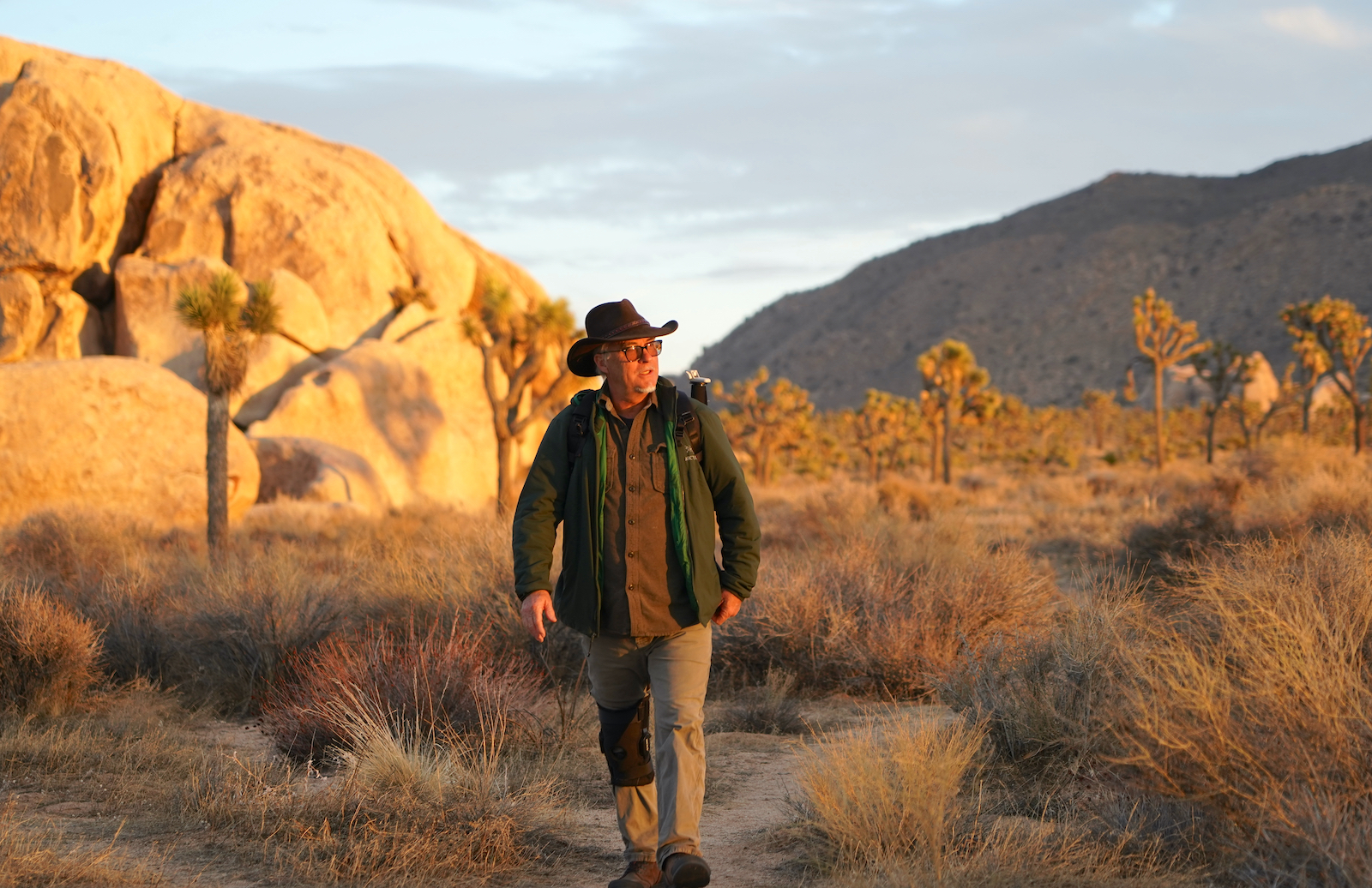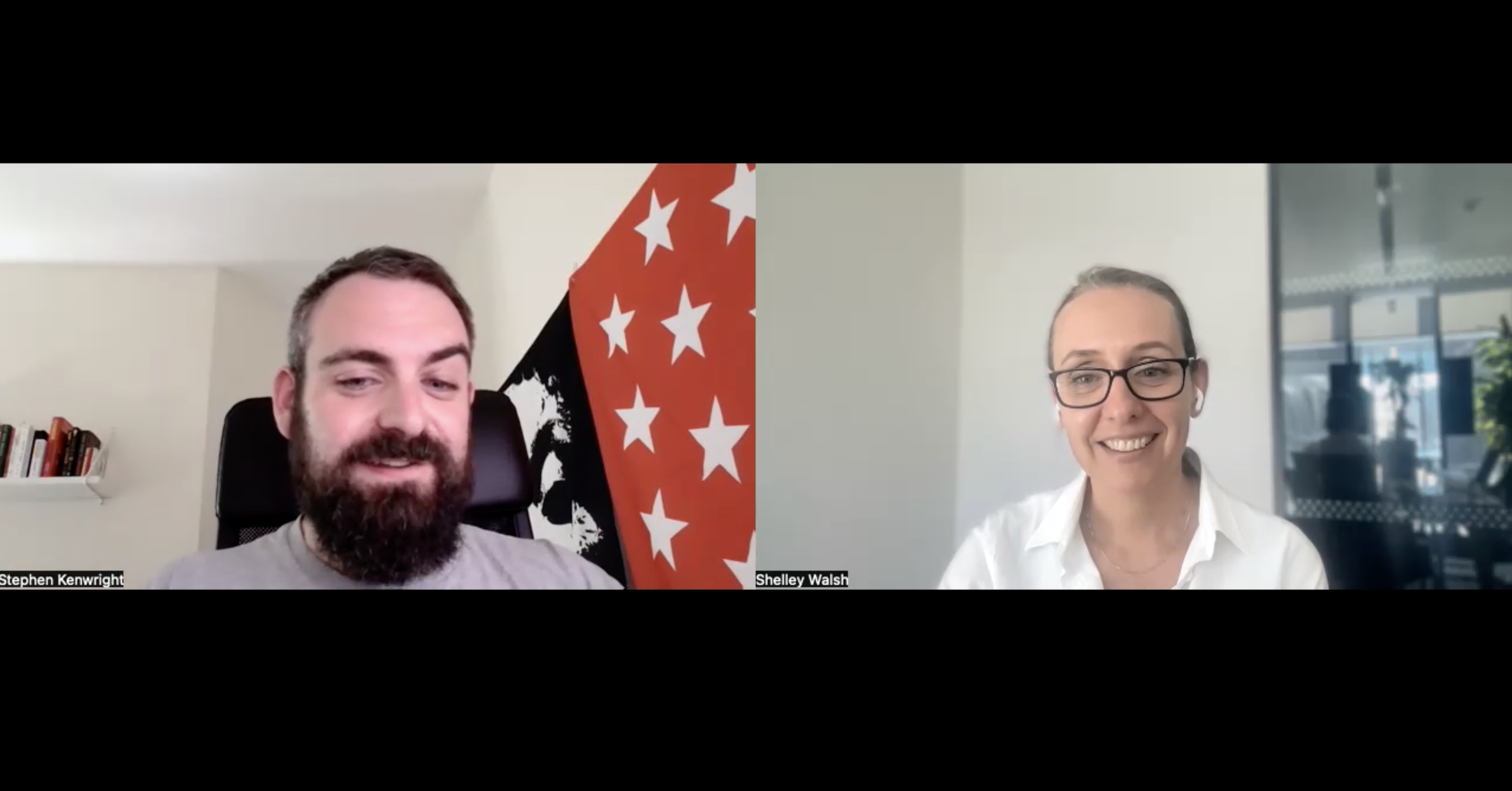The Power of Not-Knowing
A contemplation on this posture of humility: a gesture of power, not weakness, that keeps us open to fresh perspectives The post The Power of Not-Knowing appeared first on Tricycle: The Buddhist Review.

Trike Daily Zen BuddhismTeachings
A contemplation on this posture of humility: a gesture of power, not weakness, that keeps us open to fresh perspectives
By Fabrice DesmarescauxFeb 23, 2022 Photo by Richard Dyke
Photo by Richard DykeKnowledge is power, or at least that’s our going assumption. I spent my professional life in boardrooms and C-suites, and I can also say that this puts tremendous performance pressure on all of us leaders. If I don’t know, then there must be something wrong with me. This limits our creativity and ability to see the nature of reality tremendously. If, from time to time, we free ourselves from this obligation to know, and walk into a meeting or a discussion with the Zen beginner’s attitude, we will find we can suddenly relax and breathe. And from this state of relaxation and openness arise the unexpected, the previously unnoticed, the new ideas, and the creative solutions. – Fabrice Desmarescaux
Zen masters emphasize Not-Knowing to clear our minds from garbage. This keeps us open to fresh perspectives. Not-Knowing is at odds with our reductionist culture and the mindset of most leaders. Leaders must know. They are paid to know. Recognizing that they don’t know is not a career-enhancing move. But pretending to know when we don’t runs against the important quality of authenticity.
We must find a balance. We practice Not-Knowing as a posture of humility. It is the only possible answer to complexity. We can force complicated problems into submission with intellect, data, and experience. But these tools are useless in the face of complexity. Humility and Not-Knowing are more powerful.
Humility doesn’t mean inaction or paralysis. Humility is mustering the courage to admit that we don’t know. When faced with complexity, conventional leaders react with denial. They mobilize more resources to crack the problem. Contemplative leaders accept complexity with humility. They embrace their inability to predict and adopt an explorer mindset. They design small, probing experiments to start figuring out how the system responds.
Christian mystic Meister Eckhart wrote: “Be willing to be a beginner every single morning.” Beginners are comfortable with Not-Knowing and the impossibility of knowing. It is this admission that allows you to relax and think clearly and creatively. You can probe, experiment, and pilot. Small-scale pilots and experiments tell you how the system responds. You can, through trial and error, design new experiments. You make mistakes and learn from them. You fall and get back on your feet, as many times as necessary. Progressively, you learn more about the whole phenomenon. The small failures of yesterday are your best protection against the major crashes of tomorrow.
Ultimately, as you embrace complexity, you build trust in your capacity for acceptance. It is the fundamental step to fully accept reality without resistance. This is a gesture of power, not weakness, and should not be confused with resignation and fatalism.
Beginners are comfortable with Not-Knowing and the impossibility of knowing. It is this admission that allows you to relax and think clearly and creatively.
In this contemplation, choose a complex problem you must confront and reflect on the following questions:
Am I willing to admit that I don’t know? Am I willing to consider that I cannot know, that no amount of additional data, expertise, or resources will lead me to the right answer? How does that feel? What fears arise? In what other circumstances have I been confronted with situations that were more complex than my ability to know? When I admit that I don’t know and cannot know, do I get a sense of release and liberation?If you still sense that you should know, perhaps you are right and the issue you are contemplating is merely complicated, meaning that at least one correct answer definitely exists, rather than complex, where right answers are more elusive. In that case, it lends itself to problem-solving.
Ask a new set of questions:
When I look at the data, what is it that I expect not to find? What surprises me? What am I explaining away? What am I avoiding? What would happen if I shifted one core assumption? Whose perspectives am I not considering? What voices am I not listening to? Who else could I invite to look at this problem with me? A supplier, a customer, a front-line employee? A poet, a philosopher, a psychologist? A spiritual guide?People coming from diverse horizons will bring radically new perspectives that may shed light on a complex system. Even though we all love living in an echo chamber, can you also invite people who usually have opposite views from yours?
What if I looked at the entire system, instead of just the aspects that concern me? Looking at the parts is not sufficient because the system is greater than just the sum of its parts. What experiments and probes can I devise to test the system and see how it responds?Despite vast amounts of data and computing power, our primitive brains often make the wrong decisions because we fail to grasp the complexity of the world around us. We’re constantly catching up. We tend to oversimplify, and we fall prey to many cognitive biases. The humility of not-knowing may provide the clarity needed to see our way through the most complex problems.
Excerpted from The Art of Retreats: A Leader’s Journey Through Clarity, Balance, and Purpose, by Fabrice Desmarescaux, with permission from the author. The Art of Retreats is published by Lioncrest Publishing

Get Daily Dharma in your email
Start your day with a fresh perspective

Explore timeless teachings through modern methods.
With Stephen Batchelor, Sharon Salzberg, Andrew Olendzki, and more
![]()
Thank you for subscribing to Tricycle! As a nonprofit, we depend on readers like you to keep Buddhist teachings and practices widely available.
This article is only for Subscribers!
Subscribe now to read this article and get immediate access to everything else.
Already a subscriber? Log in.

 AbJimroe
AbJimroe 






























